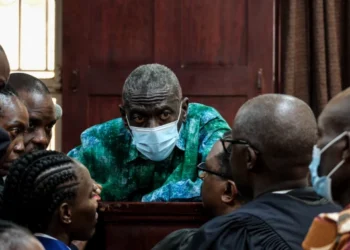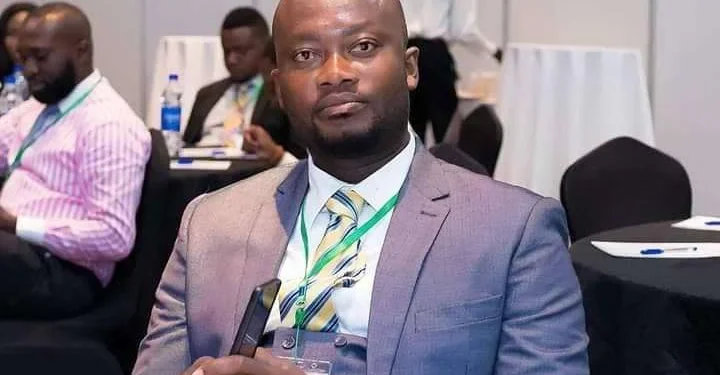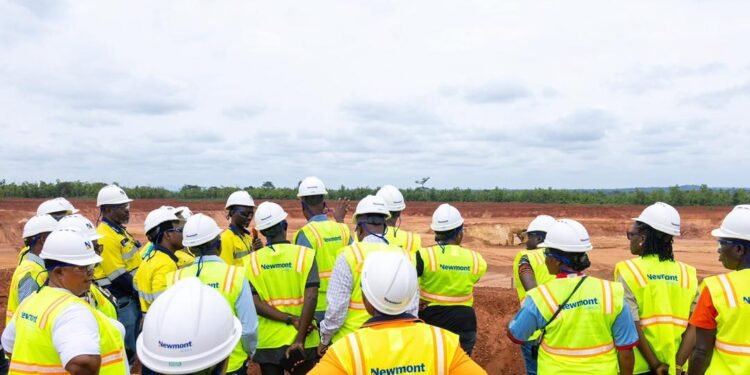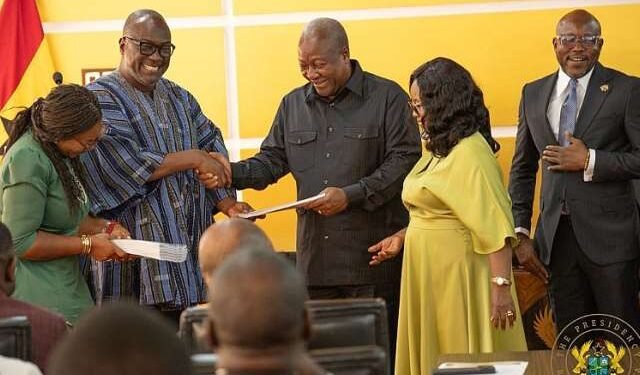Ugandan opposition leader Kizza Besigye has been charged with treason, escalating his legal troubles amid allegations that he conspired to overthrow the government. The charges, which carry the death penalty, have intensified political tensions in Uganda as the nation gears up for its next presidential election.
Besigye, a four-time presidential candidate, appeared in a Kampala courtroom on Friday, February 21 seated in a wheelchair. His frail appearance has fueled concerns over his health, particularly after he launched a hunger strike while in detention.
The 68-year-old has been in custody since November 16, when he disappeared from Nairobi, Kenya, only to resurface days later before a military tribunal in Kampala on national security charges.
The Supreme Court intervened last month, ruling that military tribunals cannot prosecute civilians. Despite expectations that Besigye would be released following the ruling, he remained in maximum-security detention. His supporters, human rights activists, and family members have since urged authorities to free him on humanitarian grounds.
Besigye’s trial has drawn widespread attention, with many viewing it as politically motivated. Amnesty International has condemned his detention, stating that his “abduction clearly violated international human rights law and the process of extradition with its requisite fair trial protections.”
This is not the first time Besigye has been accused of treason. In 2005, he faced similar allegations, but the case never proceeded. The latest charges claim that he attended meetings in European cities where he allegedly sought “military, financial, and other logistical support to overturn the government of Uganda as by law established.”
His lawyer, Erias Lukwago, dismissed the allegations as baseless, asserting that the case is politically motivated. Lukwago further revealed that Besigye has ended his hunger strike following the formal treason charges.
Uganda’s long-serving President, Yoweri Museveni, has insisted that Besigye must face justice, rejecting calls for clemency. “The very serious offenses he is alleged to have been planning must be addressed,” Museveni said, emphasizing the need for a “quick trial so that facts come out.”
Museveni, who has ruled Uganda since 1986, is expected to seek re-election in the upcoming polls. However, speculation is mounting that he may step aside in favor of his son, Gen. Muhoozi Kainerugaba.
The president’s son, a key military commander, has directly accused Besigye of plotting to assassinate his father. In a post on X, Kainerugaba claimed, “But all of you remember. Besigye wanted to kill my father,” and further stated that Besigye “deserved to be hanged.”
Political Uncertainty Ahead of 2026 Elections
Besigye’s trial comes at a critical moment as Uganda prepares for its next presidential election. The uncertainty surrounding Museveni’s succession has heightened political tensions, with many Ugandans fearing a turbulent transition.
At 80 years old, Museveni has not officially named a successor within his ruling National Resistance Movement (NRM) party, leaving room for speculation and maneuvering among political elites.
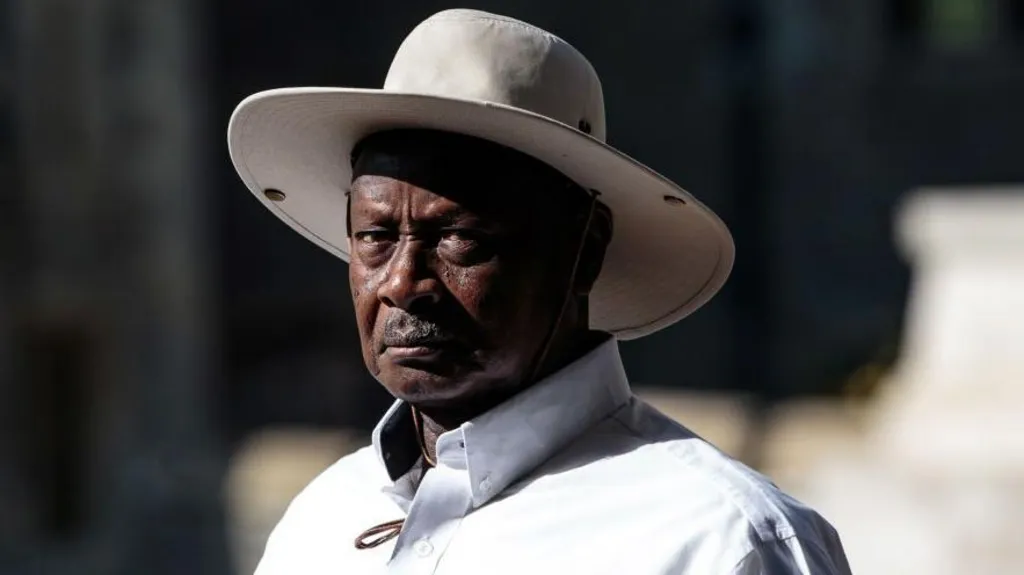
Besigye, a former military officer and physician, was once a close ally of Museveni, serving as his personal doctor and military assistant. However, he later became one of the president’s fiercest critics, leading the opposition Forum for Democratic Change (FDC) for years. His repeated arrests and detentions highlight Uganda’s long-standing struggle with political dissent and governance challenges.
Uganda has never witnessed a peaceful transfer of presidential power since gaining independence from Britain more than six decades ago. With the 2026 elections approaching, Besigye’s fate could have significant implications for the country’s political landscape.
Besigye remains in custody and is scheduled to reappear in court on March 7. His trial will be closely watched both within Uganda and by the international community as questions mount over the future of democracy in the East African nation.
READ ALSO: Akufo-Addo Decries Return Of Military Coups





